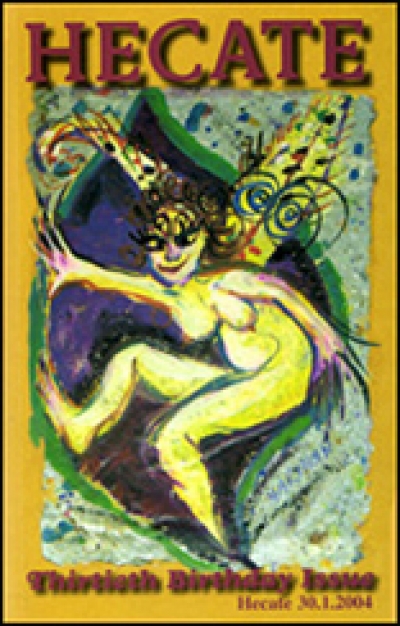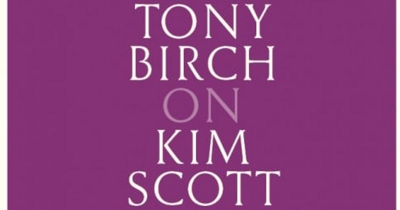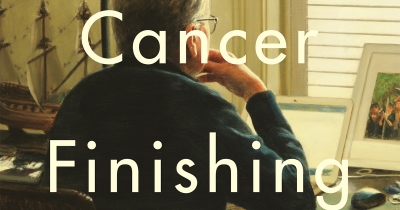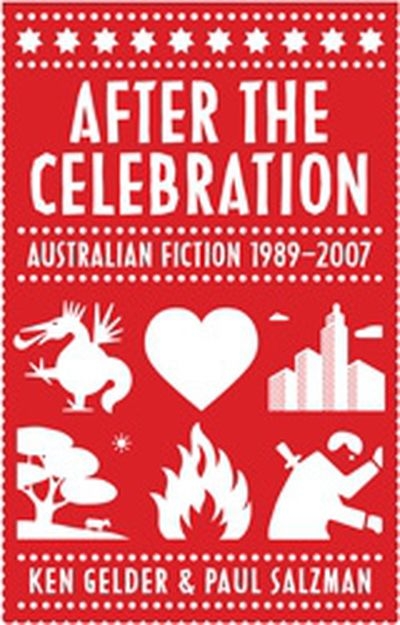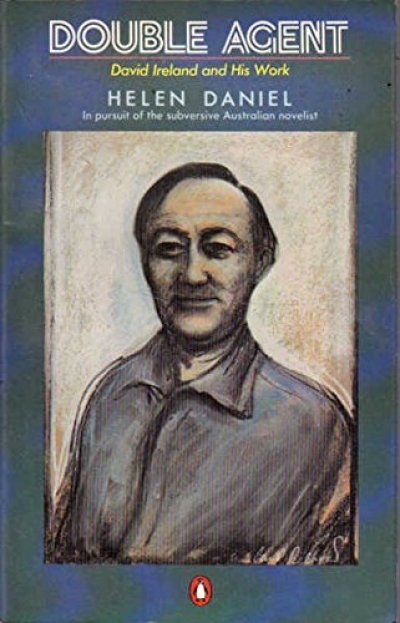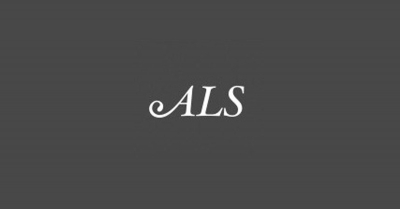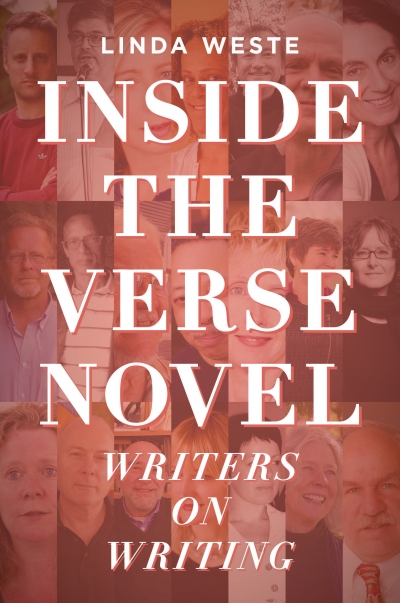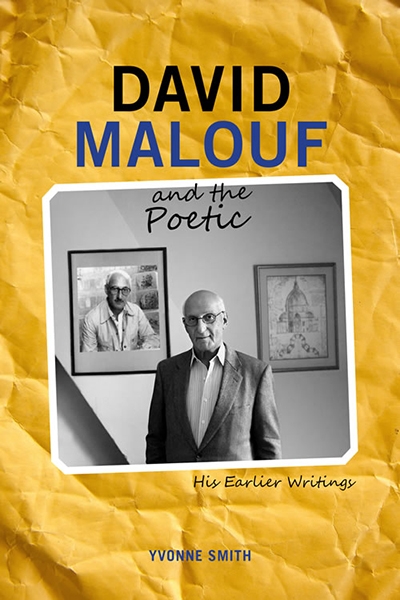Australian Literary Studies
Hecate vol. 30, no. 2 edited by Carole Ferrier & Island 99 edited by David Owen
by Kerryn Goldsworthy •
The Cancer Finishing School: Lessons in laughter, love and resilience by Peter Goldsworthy
by Michael Shmith •
After the Celebration: Australian Fiction 1989–2007 by Ken Gelder and Paul Salzman
by Peter Pierce •
Double Agent: David Ireland and his work by Helen Daniel
by Frances McInherney •
ALS is pleased to announce a new Book Reviews Program for emerging and early-career scholars. Reviews will centre on scholarly and non-fiction books about Australian literary cultures and/or by Australian literary studies scholars. The program will include mentoring in academic publishing from our editorial team and payment of $200 (for unwaged, precariously employed, or postgraduate colleagues).
... (read more)Inside the Verse Novel: Writers on writing by Linda Weste
by Cassandra Atherton •
Feeding the Ghost 1: Criticism on contemporary Australian poetry edited by Andy Kissane, David Musgrave, and Carolyn Rickett
by John Hawke •
David Malouf and the Poetic: His earlier writings by Yvonne Smith
by David McCooey •

